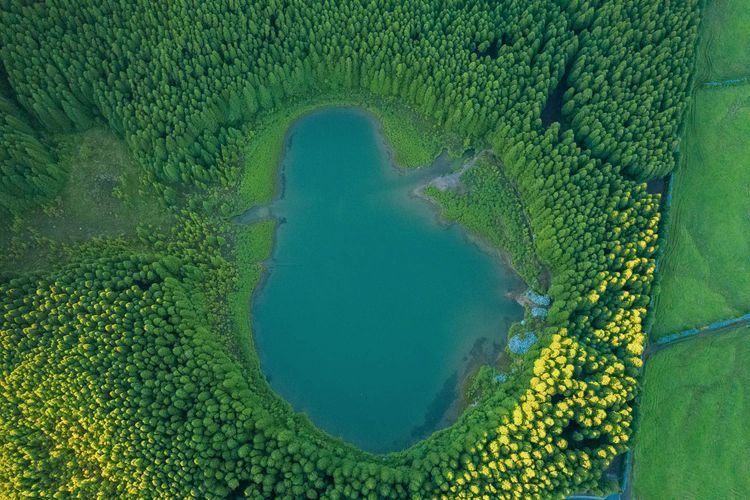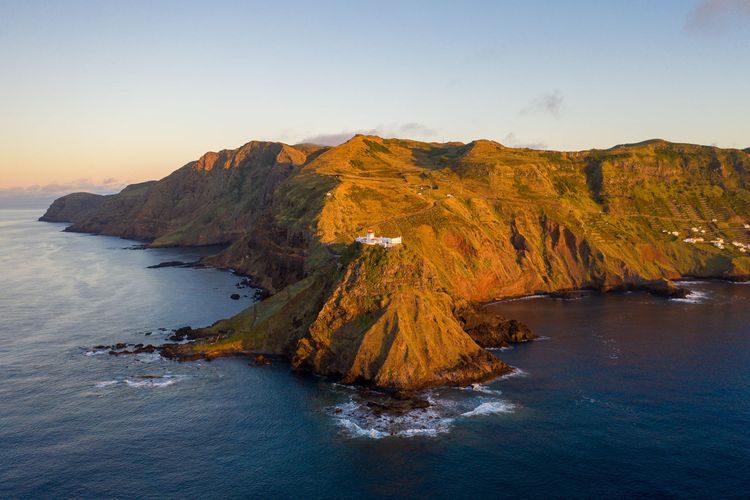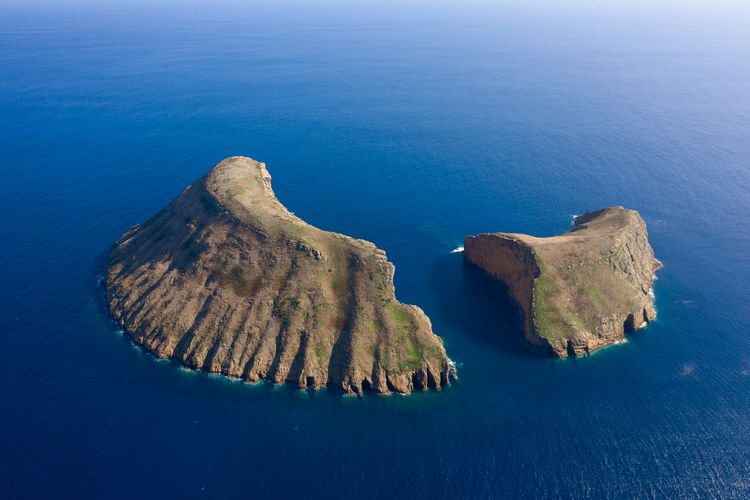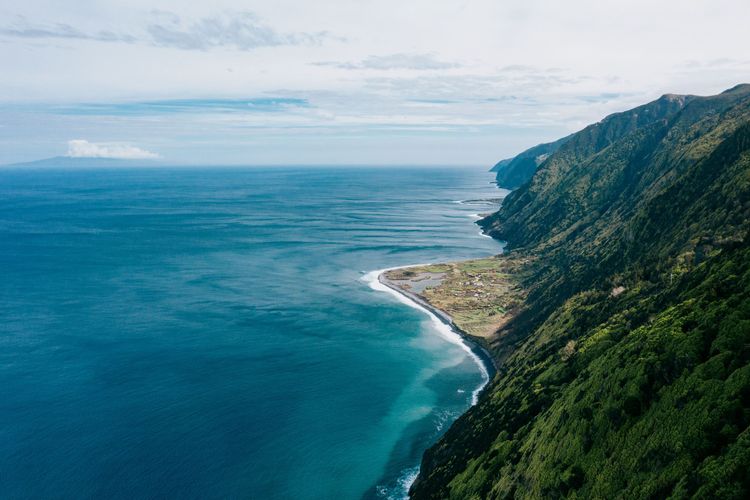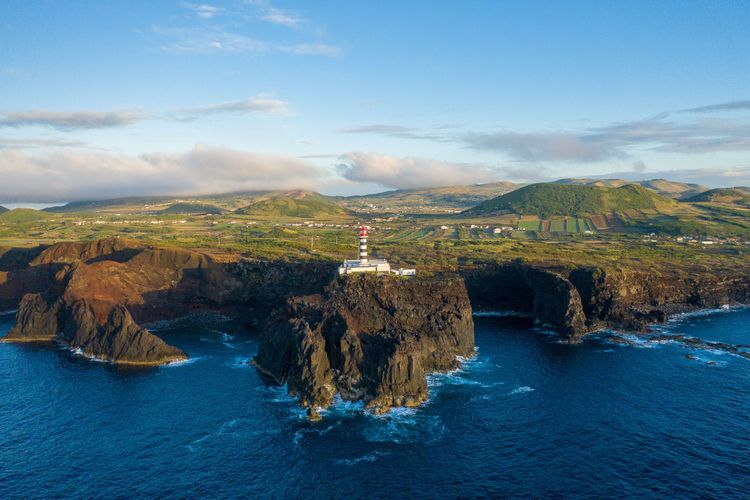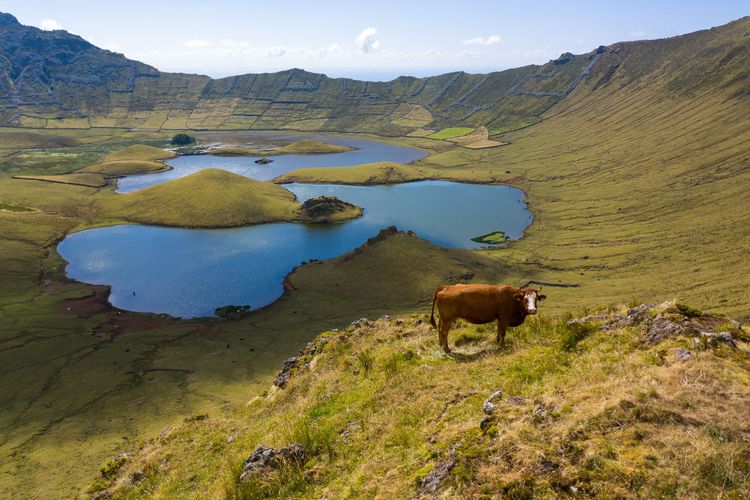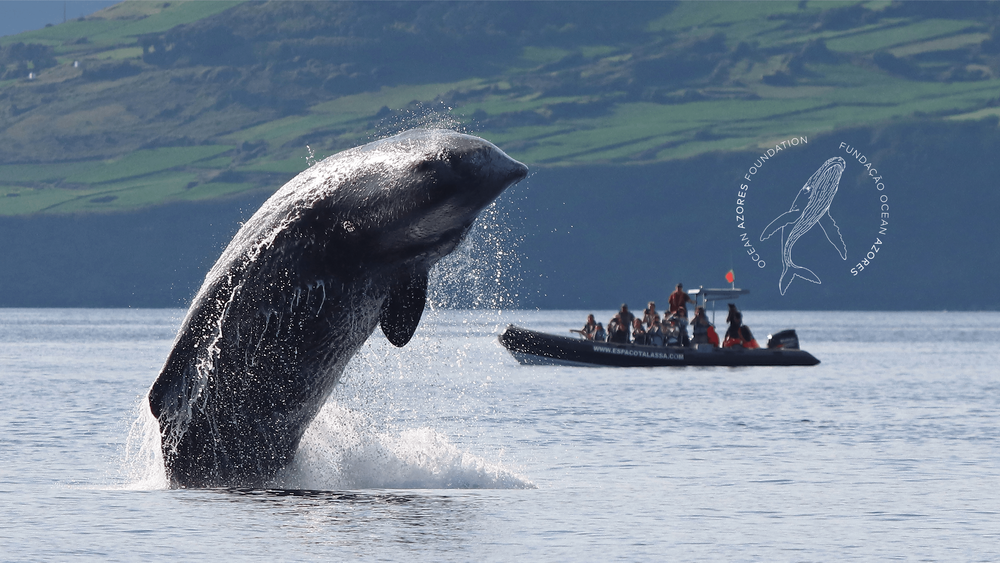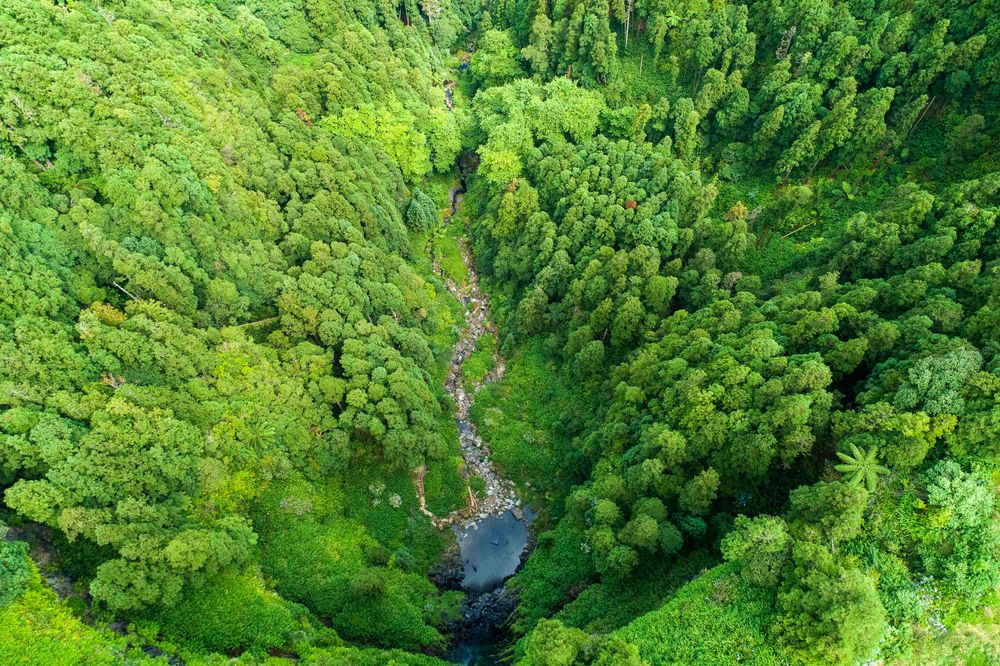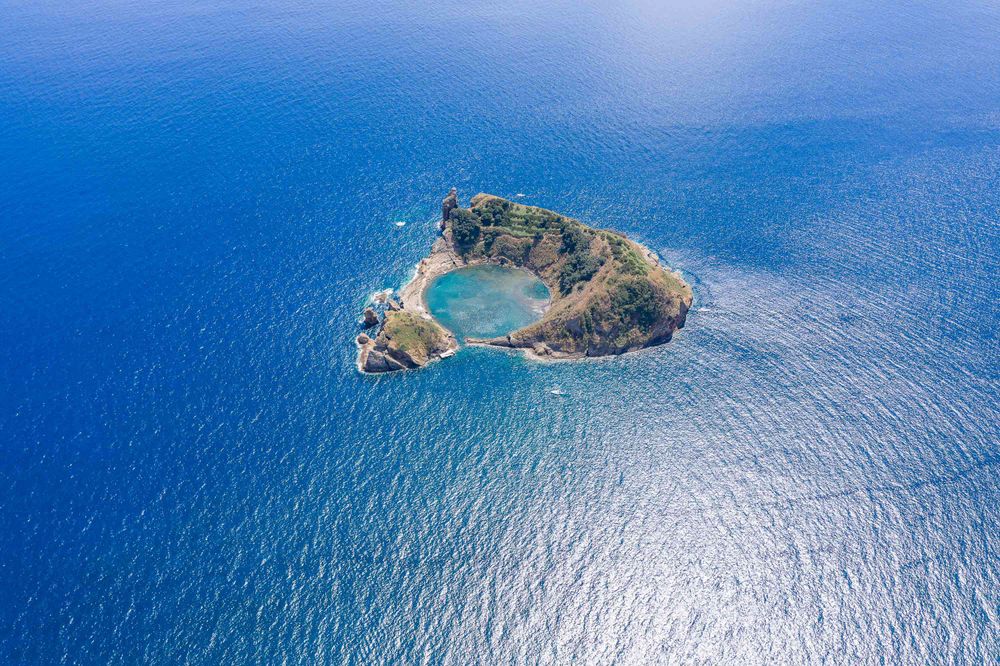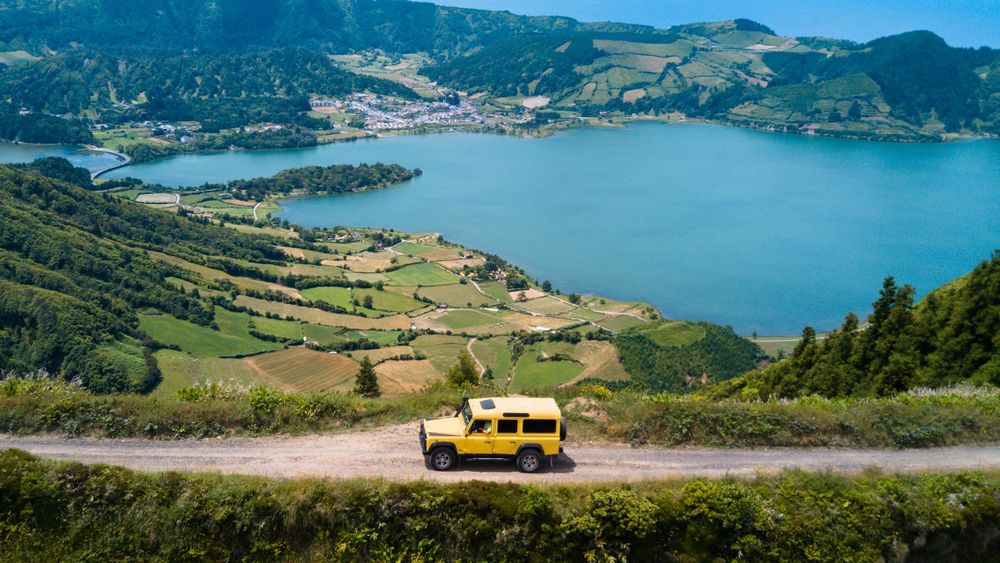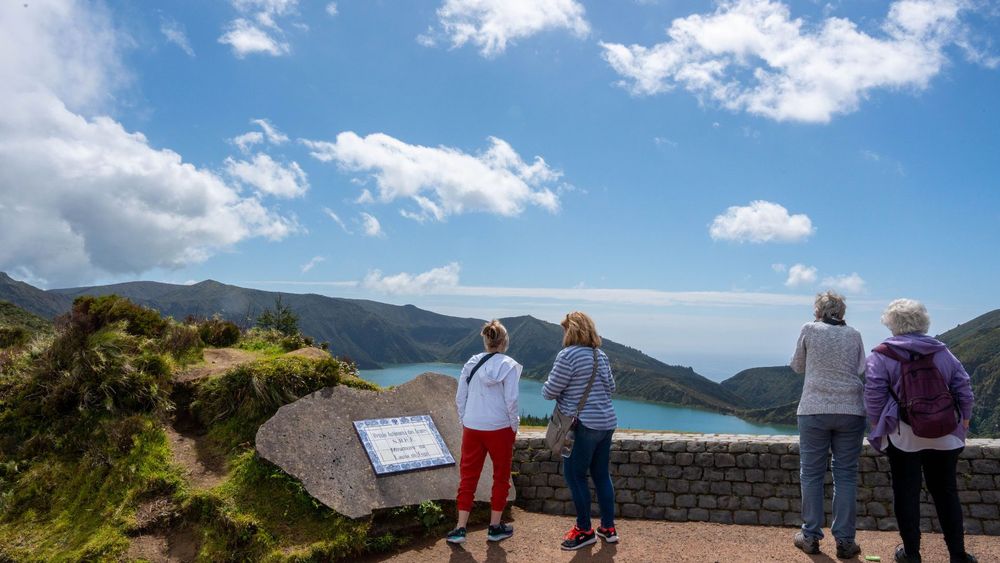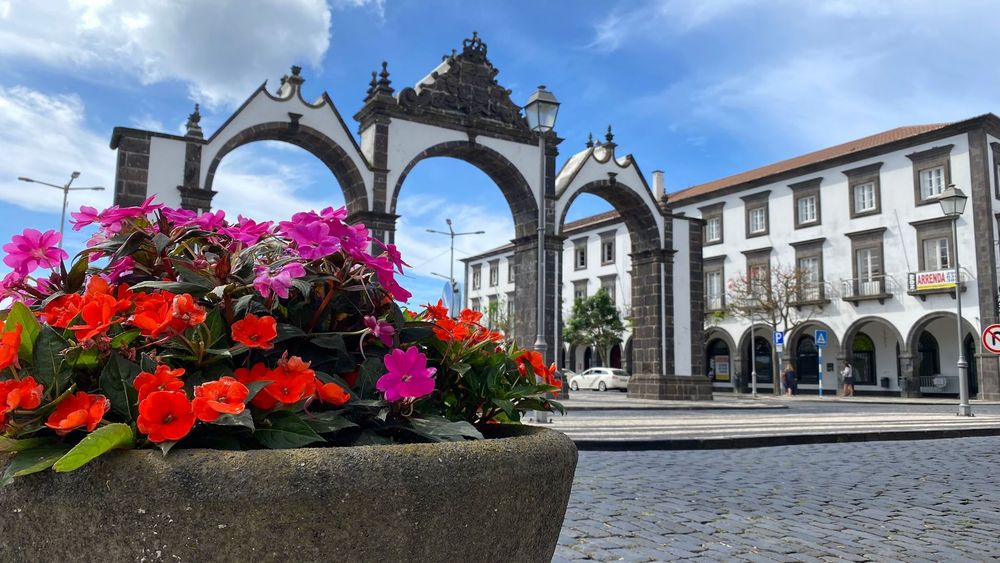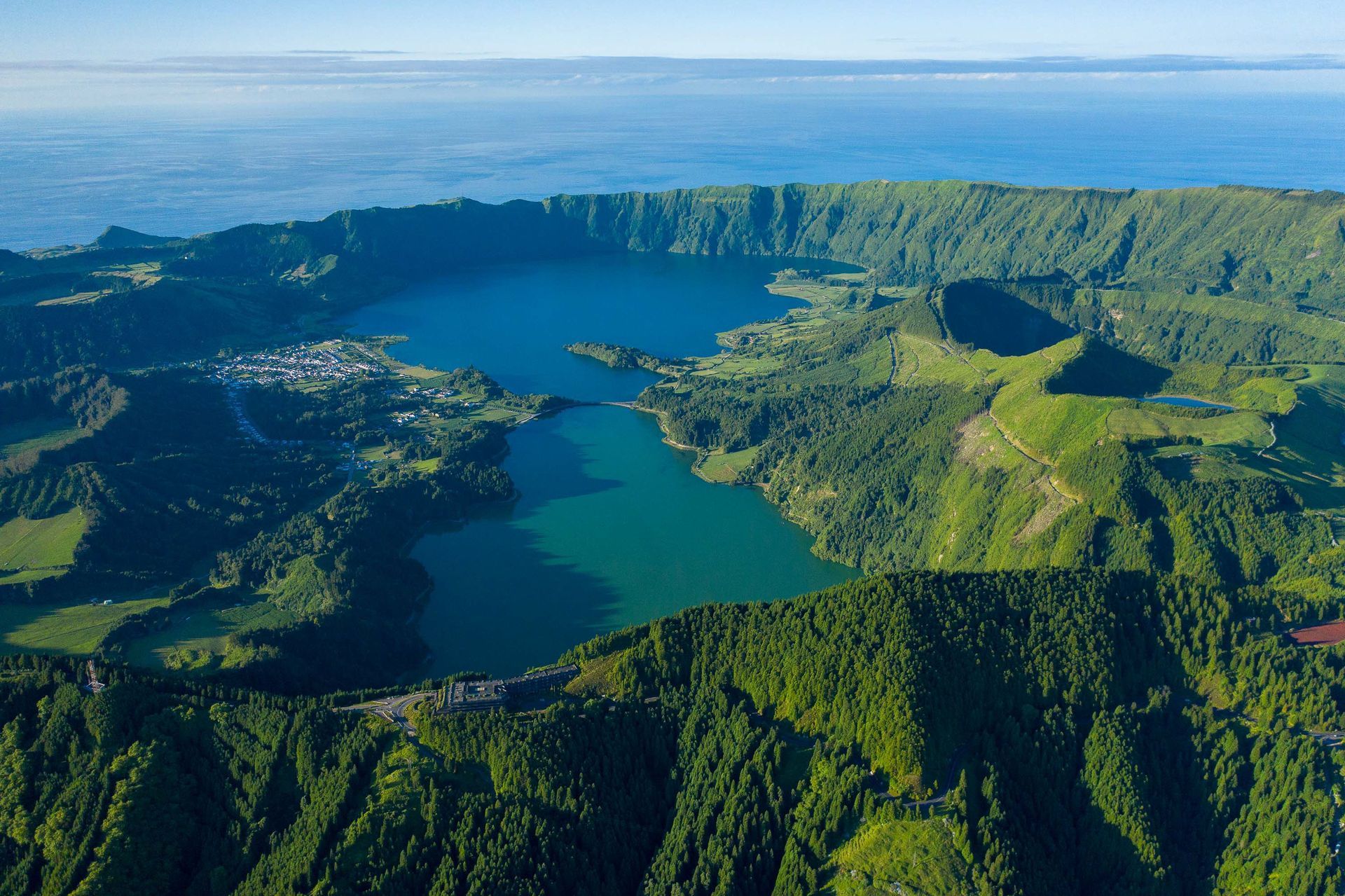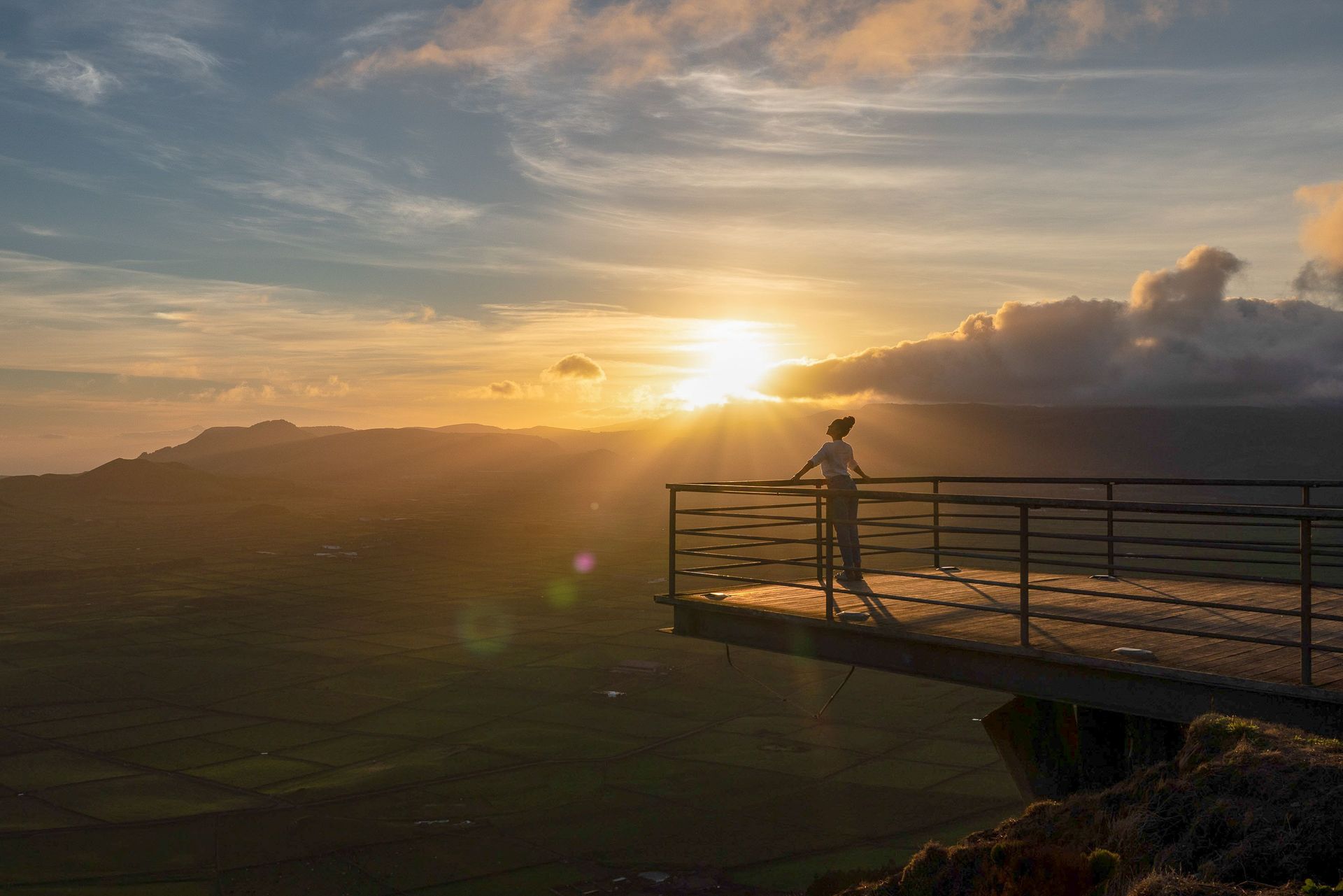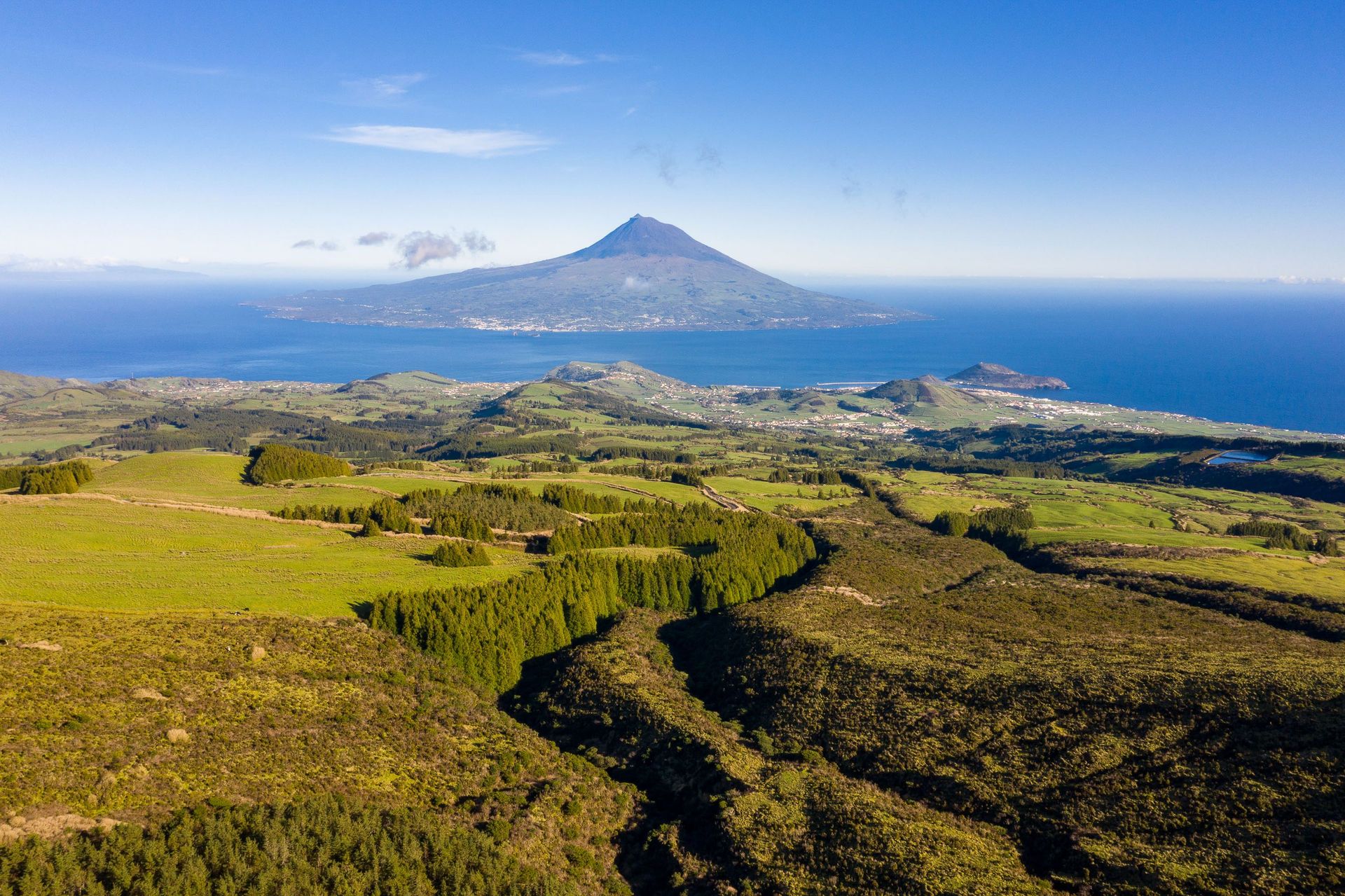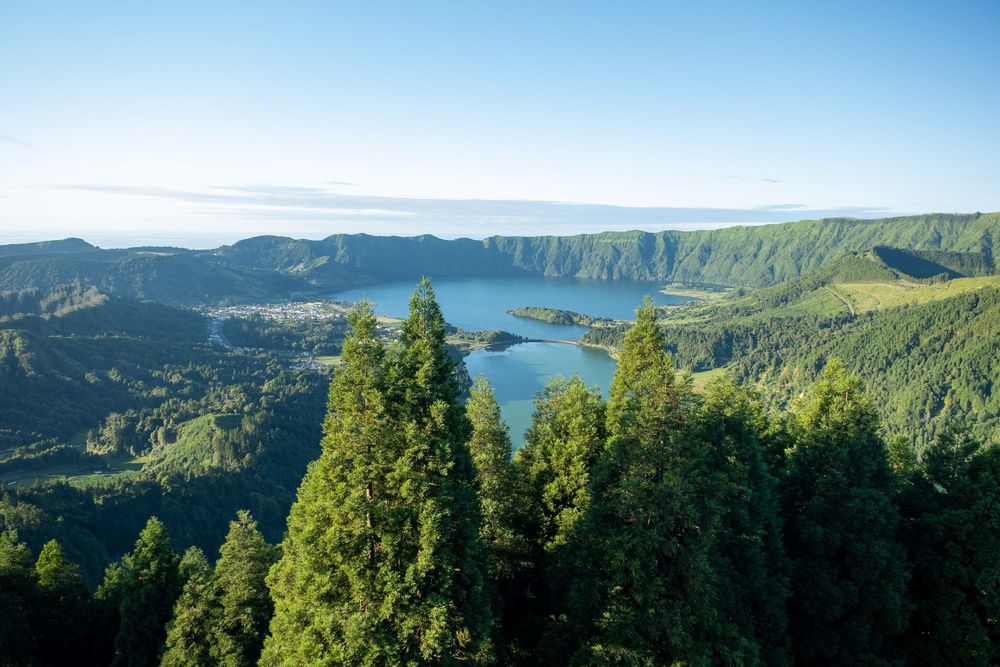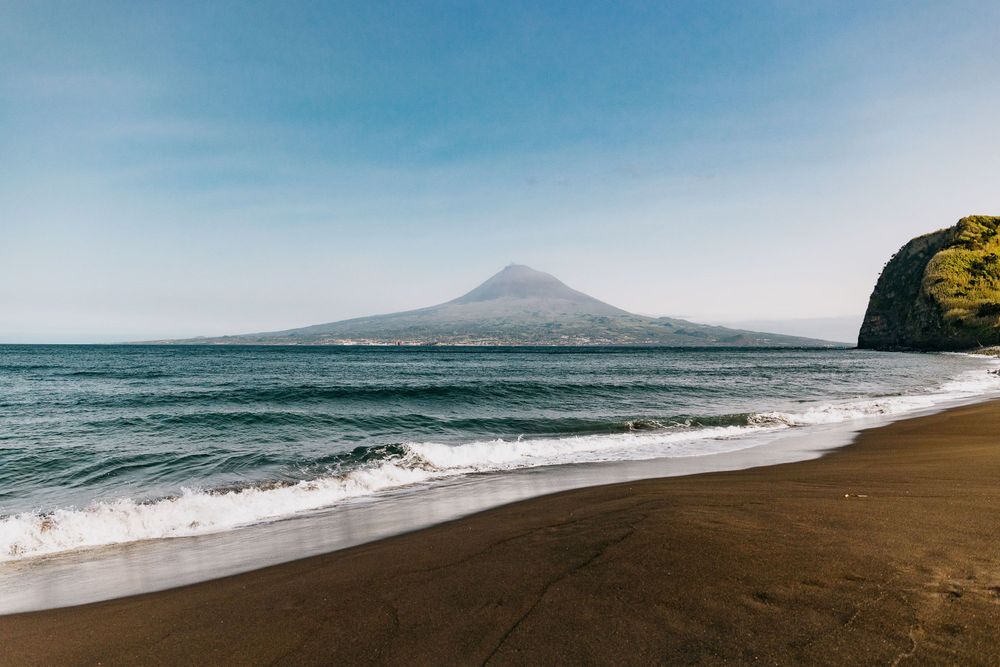
The Azores 2025 Best Sellers
This year’s top picks, chosen by travelers who fell in love with the islands.
2025’s Best Surprise Trips
Inspiring ideas to spark your first getaway of the new year — and all with special prices.
Stop Scrolling — Plan Your Trip With Local Experts
Skip the hassle. Your Azores, tailored to YOU. Built fast. Book easy.
Why Azores Getaways?
Your perfect Azores adventure, trusted by those who’ve experienced it
Born and Based in the Azores
Local experts with insider knowledge to craft authentic, immersive travel experiences you won’t find anywhere else.
Exclusive Access to Hidden Gems
Unlock the real Azores with personalized experiences and local connections only we can offer.
Custom Itineraries, Perfectly Tailored
Personalized trips designed to match your interests, from adventure to relaxation, ensuring every moment is unforgettable.
Effortless Travel, Expertly Handled
From flights to local tours, we manage every detail so you can enjoy a stress-free Azores adventure.
Azores Island Hopping — See More, Stress Less
You’ve made it here. Now let us show you the best of the Azores.
Become an Azores Insider
Insiders get the best of the Azores — exclusive deals, insider perks, and early access from your island experts.
Azores Packages with Car Included
Discover each island in your own time, with no rush.
Staff Deals Collection — Go Where We Go
Inspired by what we love at home, these trips let you travel like a local — because we are.
Sustainability at Azores Getaways
Green Travel, Blue Oceans: Our Commitment
Get Your Free Azores Travel Guide!
Download our free travel guide for insider tips, expert advice, and hidden gems only we locals know.

Discover our Travel Styles
Find your perfect way to experience the Azores
Find your Azores Island Escape
We offer travel packages to every island in the Azores—and beyond
Your Azores Travel Inspiration
Discover the best tips for Azores weather, inter-island ferries, top islands to visit, and more with your Azores local experts
Peace of Mind
When booking a trip with us, you don’t just get our local experts' support and a superb travel experience, you also get the guarantee of full flexibility on our end. We know plans can change, and when that’s the case, we’re here to help!
What Our Travelers Say
Authentic Experiences, Real Stories

